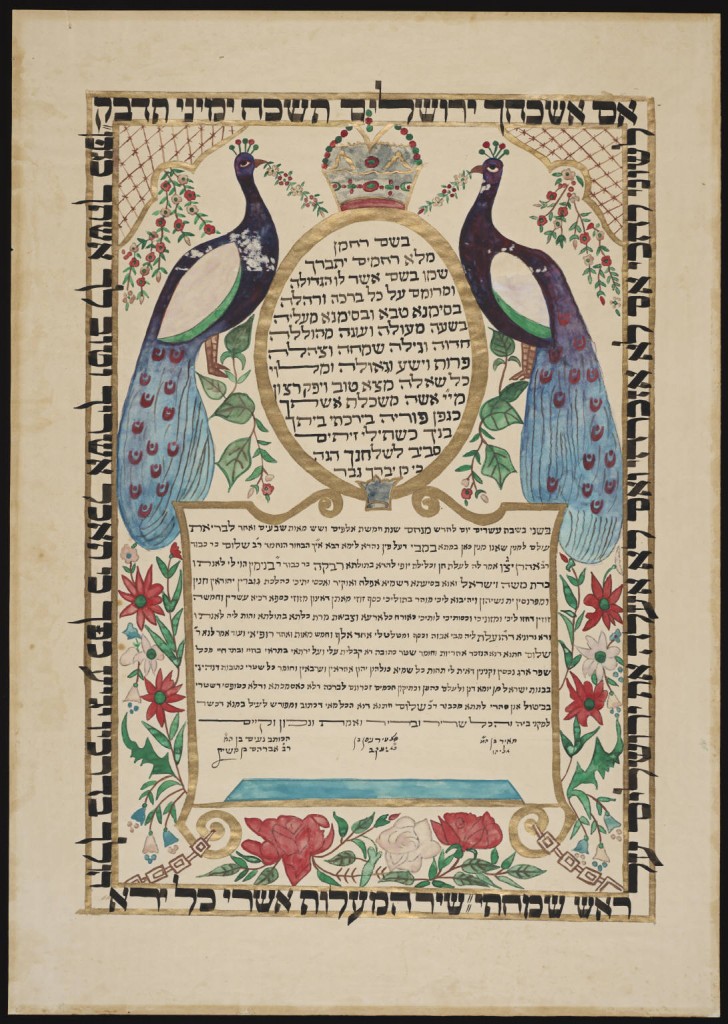Muslim and Jewish Marriage Contracts in American Courts
 As someone whose interest in secular law grew out of my studies of Jewish law, I’ve always been especially fascinated by the ways in which the two systems of law interact. A recently published article, “How To Judge Shari’a Contracts: A Guide To Islamic Marriage Agreements In American Courts,” got me thinking about some of the parallels and common experiences between Jews and Muslims in interacting with secular American courts.
As someone whose interest in secular law grew out of my studies of Jewish law, I’ve always been especially fascinated by the ways in which the two systems of law interact. A recently published article, “How To Judge Shari’a Contracts: A Guide To Islamic Marriage Agreements In American Courts,” got me thinking about some of the parallels and common experiences between Jews and Muslims in interacting with secular American courts.
Some Jewish Examples
Last month I was reading a case (Tsirlin V. Tsirlin, 2008) about an Israeli Jewish couple living in New York. The wife asked the husband for a get, the Jewish bill of divorce, and he gave her one in front of a Brooklyn Beit Din (Jewish court). The husband’s father brought the get to an Israeli court, on the strength of which the Israeli court issued a decree of divorce for the couple. Shortly afterward, the husband later filed for divorce in New York, also seeking orders for custody/visitation and child support. The wife moved to dismiss the action for divorce on the grounds that the New York courts should recognize the Israeli divorce. Judge Jeffrey Sunshine ruled that:
“If this court were to sanction the utilization of a ‘Get’ to circumvent the constitutional requirement that only the Supreme Court can grant a civil divorce, then a party who obtains a ‘Get’ in New York could register it in a foreign jurisdiction and potentially, later on, rely on the ‘Get’ to obtain a civil divorce in New York thereby rendering New York State’s Constitutional scheme as to a civil divorce ineffectual… It would have the practical affect [sic] of amending the Domestic Relations Law section 170 to provide a new grounds for divorce.”




One comment on “Muslim and Jewish Marriage Contracts in American Courts”
Comments are closed.